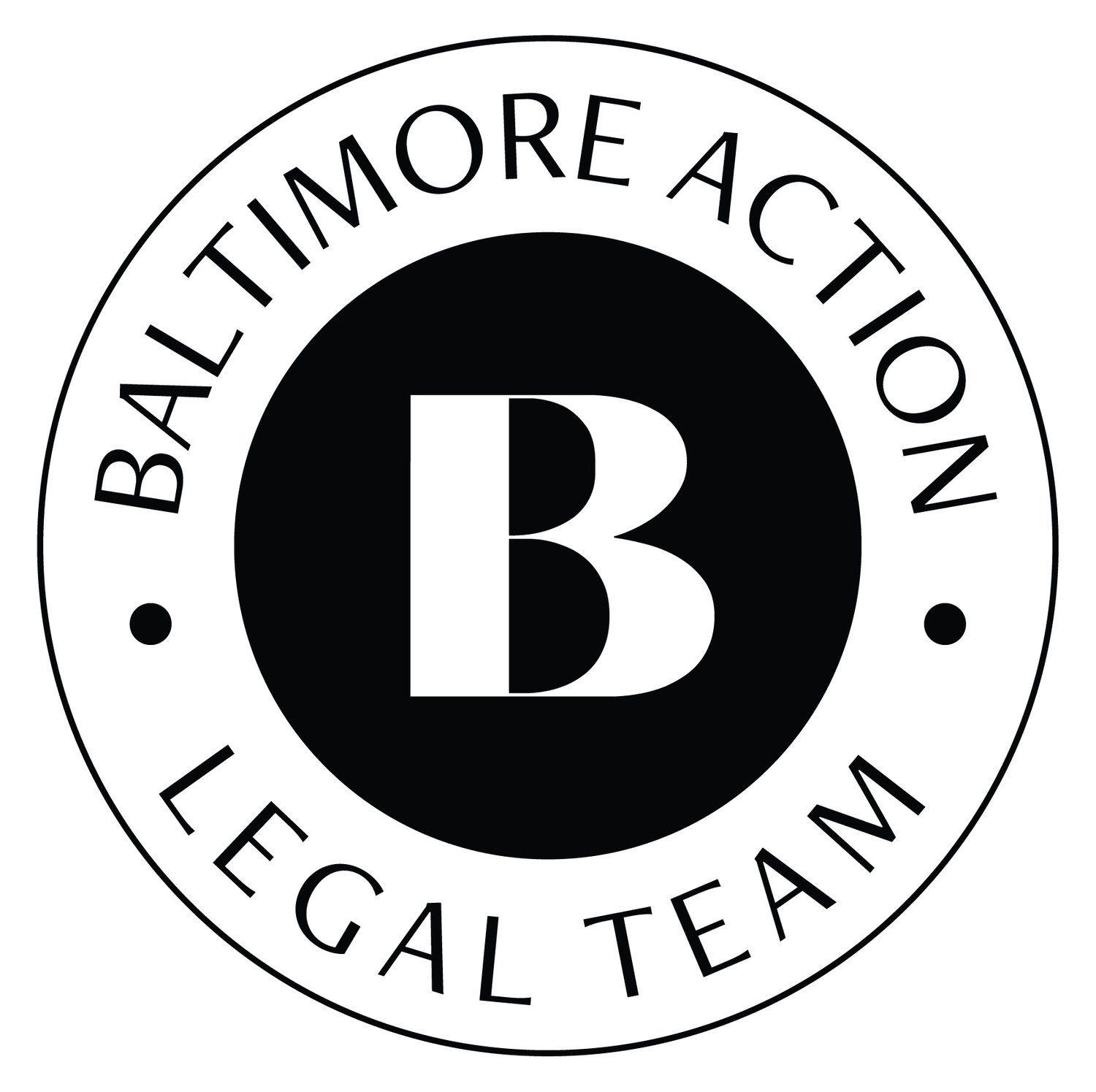
Effects on Pretrial
How the Access to Records affects the pretrial process.
People who will never be convicted of a crime are experiencing undue incarceration in Maryland. This comes with the potential loss of secure income, housing, and family security.. After months of sitting in jail, just before trial, the arrest is thrown out and case dismissed because their arresting officer has issues of integrity.
The Baltimore’s State’s Attorney has a list of at least 305 officers that could be an important resource to community members needlessly sitting in cells. It is possible that the State’s Attorney knows the names of the corrupt police, but does not refer to it when a fellow community member is stuck wasting their life away in pretrial jail. The State’s Attorney is even known to bluff defendants into taking pleas knowing the officer will not take the stand (a practice our Court of Appeals has approved of).
Even if the defendant is not swayed to take a plea deal and the case is dismissed by the State’s Attorney, this does not happen until right before a trial date, after someone has lost months sitting in the violence of jail.
When a person is arrested, they are brought before a commissioner or judge to determine whether they will be held in pretrial jail. Once the person is held pretrial, they are held until they are released on recognizance byf a judge, or at the end of their trial. This timeline can vary from 1 day to as much as 2 years. During the pandemic, we saw an increased timeline of people awaiting trial in jail due to court hearings being delayed. According to the Prison Policy Initiative, the majority of people held in pretrial in Maryland will never be convicted of a crime.
By making this list of officers with issues of integrity public, defense attorneys could present a case’s flawed foundation to a judge to obtain release before that person loses months of their life in jail. Attorneys could use the knowledge to paint a larger picture of the arrest, allowing the judge to make a better judgment on whether someone should remain in detention for the duration of their trial process, if the case does proceed.
At its core, this list is not a mechanism to just avoid jail or avoid what many people see as “accountability,” but rather a tool to ensure that our justice system is transparent. To make sure people do not waste away in jail cells on problematic police reports. To make sure that prosecutors do not use fear and bluffing for conviction rates.

